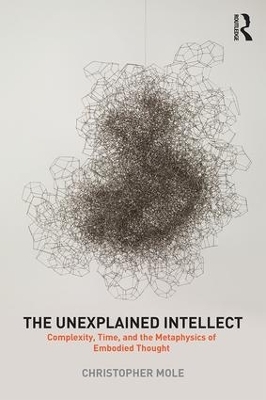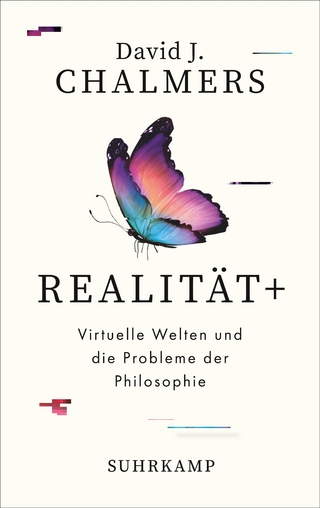
The Unexplained Intellect
Routledge (Verlag)
978-1-138-18198-4 (ISBN)
In a discussion that is organised into four clear parts, Christopher Mole begins by examining the mathematics of computational complexity, arguing that the results from complexity theory create a puzzle about how human intelligence could possibly be explained. Mole then uses the tools of analytic metaphysics to draw a distinction between mental states and dynamic mental entities, and shows that, in order to answer the complexity-theoretic puzzle, dynamic entities must be understood to be among the most basic of mental phenomena. The picture of the mind that emerges has important implications for our understanding of intelligence, of action, and of the mind’s relationship to the passage of time.
The Unexplained Intellect is the first book to bring insights from the mathematics of computational complexity to bear in an enquiry into the metaphysics of the mind. It will be essential reading for scholars and researchers in the philosophy of mind and psychology, for cognitive scientists, and for those interested in the philosophical importance of complexity.
Christopher Mole is Associate Professor of Philosophy at the University of British Columbia, Canada. In addition, he teaches in the Programme in Cognitive Systems, also at the University of British Columbia. He is the author of Attention is Cognitive Unison: An Essay in Philosophical Psychology (2011).
Part 1: The Complexity of Intelligence 1. The Neglect of Noology 2. The Philosophical Relevance of Theoretical Computer Science 3. The Explanatory Consequences of Imperfection 4. Sources of Intractability Part 2: Temporal Orientation 5. The Psychological Arrow of Time 6. Temporally Chiral Attitudes 7. Episodic and Semantic Memory Part 3: A Point of Local Metaphysics 8. Metaphysical Questions 9. The Modal Signature of Ontological Dependence 10. Leveraging the Mind 11. An Argument for Dynamic Foundations Part 4: The Perdurance of Intelligent Thought 12. Epistemic Conduct 13. Encountering Events 14. Action as an Epistemic Encounter 15. Inference as an Epistemic Encounter 16. Encountering Unrepresented Facts 17. Encounters First 18. The Achievement of Intelligence. Index
| Erscheinungsdatum | 03.03.2016 |
|---|---|
| Verlagsort | London |
| Sprache | englisch |
| Maße | 156 x 234 mm |
| Gewicht | 430 g |
| Themenwelt | Geisteswissenschaften ► Philosophie ► Metaphysik / Ontologie |
| Geisteswissenschaften ► Psychologie | |
| ISBN-10 | 1-138-18198-6 / 1138181986 |
| ISBN-13 | 978-1-138-18198-4 / 9781138181984 |
| Zustand | Neuware |
| Haben Sie eine Frage zum Produkt? |
aus dem Bereich


